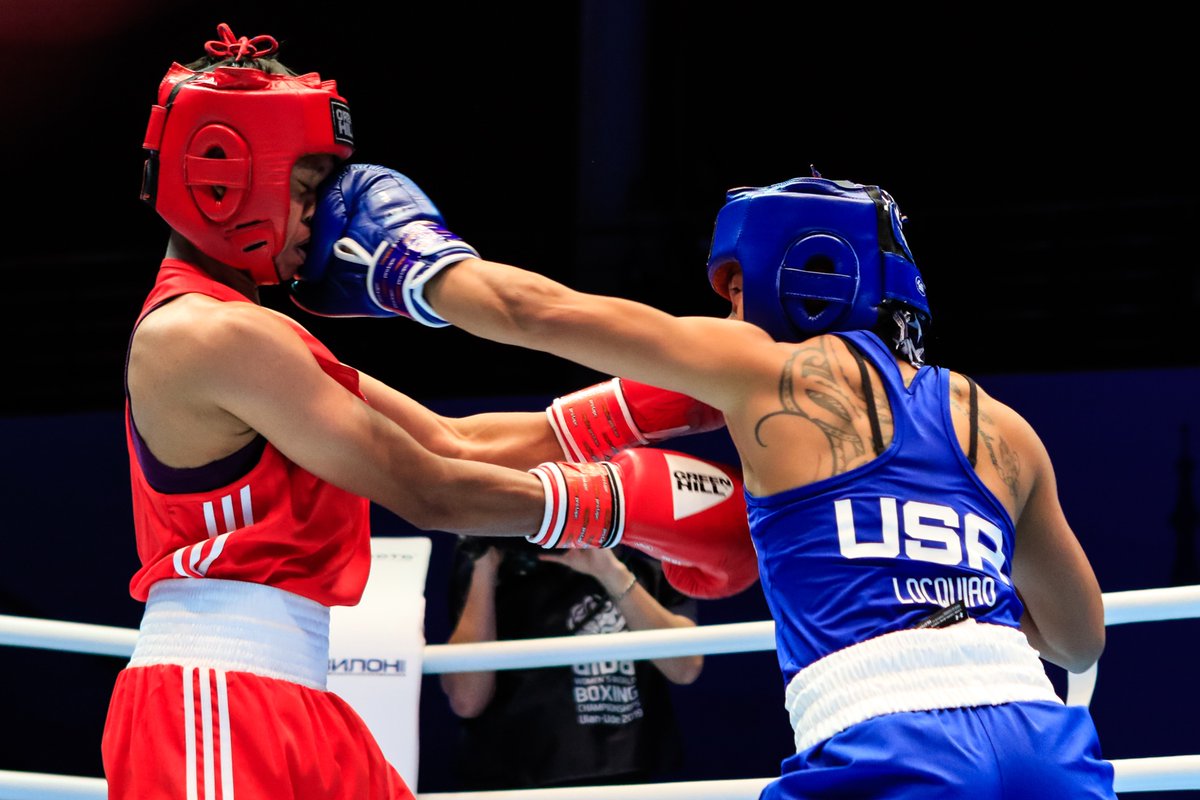Gillen: AIBA to benefit from implementing IOC’s judge monitoring system
Despite the ongoing chaos that surrounds the International Boxing Association (AIBA), this year’s Men and Women’s World Boxing Championships went smoothly.

They were not entirely free of controversy, however. A number of boxers emerged unhappy with some of the judges’ decisions and the subsequent appeal process.
This occurred first in the men’s tournament, taking place in Yekaterinburg in September. Britain’s Frazer Clarke had edged past Maksim Babanin of Russia 3-2 in their super heavyweight quarter-final bout before the Russian Boxing Federation appealed the decision. They were successful with the protest and the result was overturned.
With new AIBA rules stating that successful protest cases cannot be appealed, England Boxing had to accept the new result. They did, but requested clarity on the decision from AIBA.
Their technical delegate confirmed that the bout review jury had decided that Babanin landed more quality blows in the target area and was more competitive than Clarke in the third round but refused to give any more details.
“Following consultation with the bout review jury I exercised my discretion to accept the protest and to allow it to proceed to a review of the bout,” the AIBA technical delegate said.
“The rules do not oblige me to provide further explanation of the basis upon which I exercised my discretion and I choose not to do so. Under the rules I am not required to provide you with the scores of the evaluator that you seek and I choose not to do so.”
In response, GB Boxing expressed disappointment with both the decision and the lack of openness, calling for more transparency in boxing and how it is judged.
More confusion arose at the women’s tournament in Ulan-Ude last month. As the competition reached the latter stages, several boxers attempted to file a protest against a loss they had incurred.
The majority of these were rejected by the AIBA technical delegate, however, with teams reportedly told before competition began that only protests regarding 3-2 or 3-1 results would be accepted. This does not feature in AIBA’s rules regarding protests, so it is unclear where it came from.
Subsequently, results which caused an uproar among both boxers and supporters were not able to be reviewed.
Six-time world champion Mary Kom of India was victim to this after she was defeated 4-1 by Buse Çakıroğlu of Turkey in the semi-finals of the flyweight division. She took to Twitter to vent her frustration.
“How and why,” she posted, alongside a link to the video of her bout with Cakirogu.
“Let the world know how much right and wrong the decision is…”

